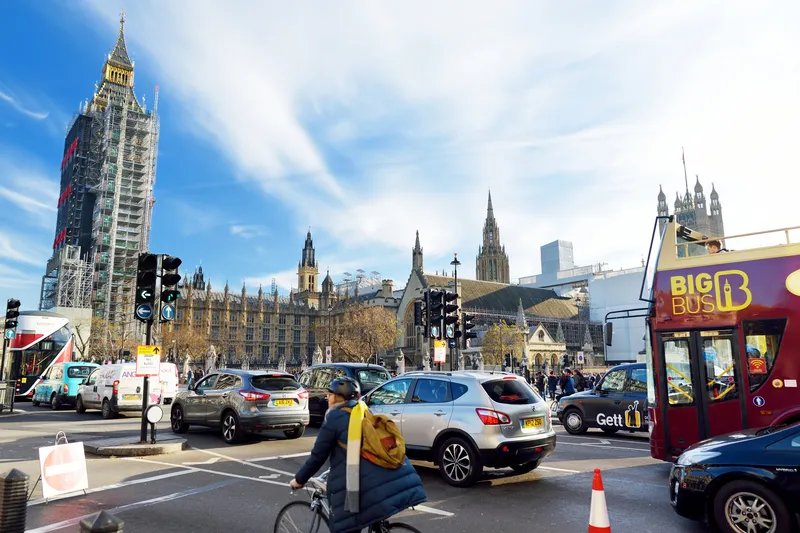Transport for London (TfL) is trialling a new battery-powered bus stop display screen which will for the first time provide real time travel information on other bus services as well as its own.
The first trial is being conducted at a bus stop at Northwood Station, Hillingdon and will give customers travelling to and from Mount Vernon Hospital all the latest travel information that they need.
The new screens can be quickly and easily attached to bus stop posts and display next bus arrival information
October 17, 2016
Read time: 2 mins
The first trial is being conducted at a bus stop at Northwood Station, Hillingdon and will give customers travelling to and from Mount Vernon Hospital all the latest travel information that they need.
The new screens can be quickly and easily attached to bus stop posts and display next bus arrival information to customers. The signs are battery-powered so they are not limited to bus stops with shelters and an electrical power supply.
Simon Reed, TfL’s Head of Technical Services, said: “We are continually exploring new ways to deliver information to our customers while they are on the move and to ensure we are at the forefront of new technology as it develops.
“We will trial this screen for three months and will then evaluate how successful it has been and what our customers think of it. If cost-effective, this type of display could be quickly and cheaply installed at other bus stops with no shelter or power supply. This will widen our reach in providing real time bus arrival information at the stop to our passengers.”







